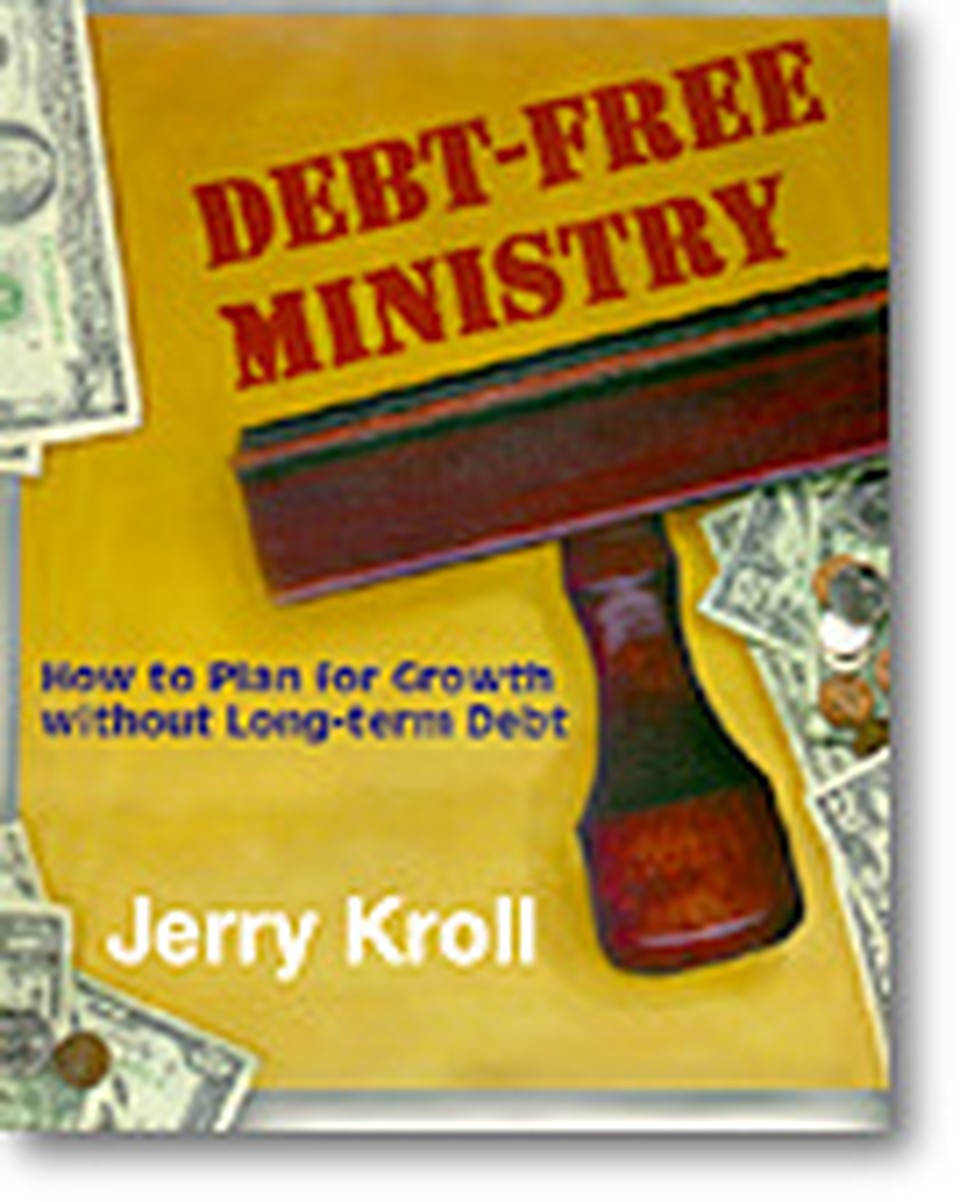Operate your church on a budget

- Operate on a budget. Your church budget should be a reflection of what God wants you to do within His church for the coming year. These objectives, as seen through ministry budgets, help you set goals and keep focused.
- A budget authorizes spending toward the goals, as well as monitoring spending throughout the year.
- Caution: a budget doesn't ensure income, but is a guide when there is income.
- A budget instills confidence in the church leadership (pastor/board). As the budget is carefully followed, it will inspire giving.
- To set a budget, get input from leaders in your congregation. Don't let one person or a small committee form the budget. Instead of thinking of dollar amounts, think about ministry goals, then attach a cost to each ministry.
- Examine and evaluate data from the previous years. See where your spending has exceeded the budgeted amount (was this due to poor planning, or cost increases?). Was under-spending due to good stewardship or neglecting part of the outreach?
- Ask each group to justify each budget request and evaluate the request in light of the church's overall purpose and goals for the coming year.
- Analyze the trends of previous years, both in giving and attendance. (If your attendance has increased only 5%, don't increase your budget 30%.)
- Prayerfully forecast a conservative outlook for the coming year, then prepare your budget.
- Use a unified budget. This presents the common purpose for the congregation. If you have separate budgets (and books and treasurers) for Sunday school, men's groups, etc., work to make a change to a unified budget. This gives you greater control over the ministry of the church, eliminates extra charges of separate bank accounts, and simplifies annual statements. Auditors love a unified budget and it is a protection against the loss of funds.
- Strive for a line-item budget. Divide the major ministries into sections (e.g. Sunday school, Discipleship, Property), then assign line-item numbers for specific expenses (e.g. 30-6001 Sunday school curriculum). This way it is easy to see where spending occurs.
- Change your budget to operate on a fiscal year instead of on the calendar year. If your church is like most, you follow the school year calendar. Adopt a fiscal year of July 1 through June 30. This way, ministries don't have to split their budget between two calendar years. This also gives you greater oversight to the ministry for the complete program year.
- Finally, and after prayerful consideration, present the budget to the entire church body to be voted upon.
From Debt-Free Ministry: How to Plan for Growth without Long-term Debt by Jerry Kroll. Copyright (c) 1997 by Church Growth Institute, Forest, Va., 1-800-553-GROW. Used by permission.
Jerry Kroll is senior pastor of Heritage Baptist Church in Lynchburg, Va. He served as senior pastor of North Baptist Church in Brockton, Mass., for 10 years prior to becoming associate professor of Pastoral Ministries at Liberty University and Liberty Baptist Theological Seminary, where he taught for 15 years. He earned his B.A. form Barrington College, M.Div. from Gordon-Conwell Theological Seminary, and D.Min. from Westminster Theological Seminary.
Originally published June 28, 2002.







